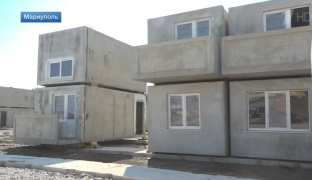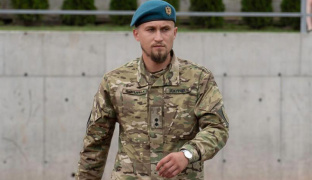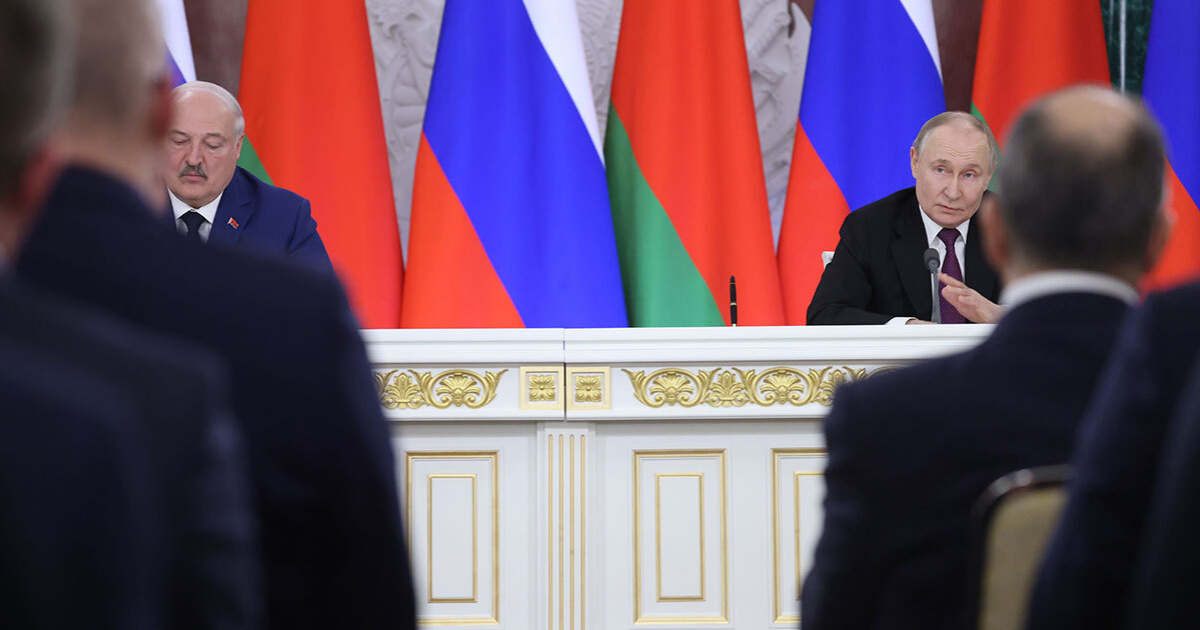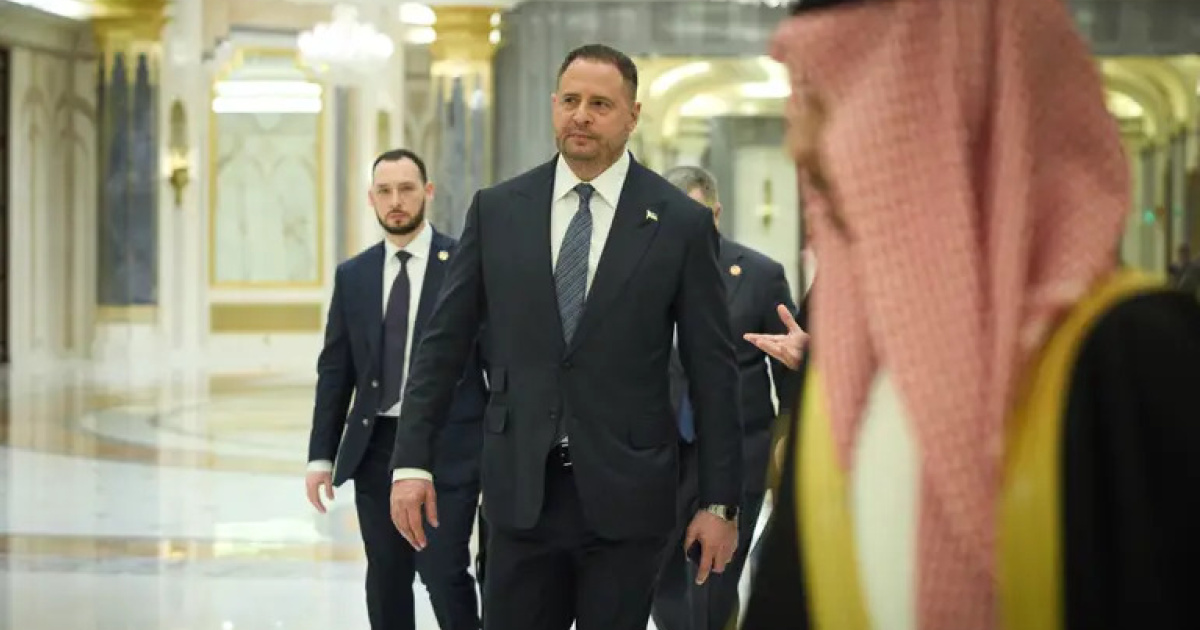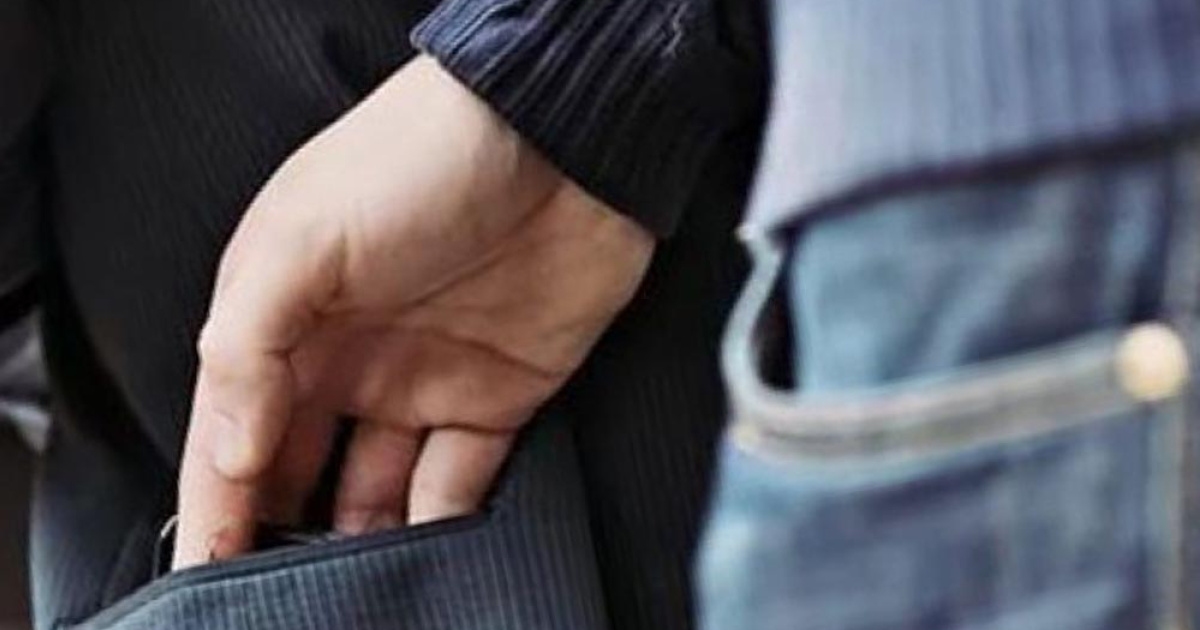
Due to increased military expenditures, the government is forced to abandon its own promise not to raise taxes in the country until the end of the war. The Cabinet of Ministers is already preparing the relevant proposals for the parliament. Obviously, this is an inevitable measure. However, the approach of government officials to solving this issue raises questions.
Why the need for money?
A year ago, on July 6, Prime Minister D. Shmyhal was adamant when commenting on the return of taxation to pre-war levels (right after the war started, businesses were given a number of tax reliefs, including the abolition of value-added tax (VAT) and customs duties on the import of all goods).
"Other than returning to pre-war levels, we do not plan, predict, or, I am sure, allow any other changes until the end of the war. The tax system will be stabilized at the level it was before the full-scale aggression began", - he emphasized.
However, just this June, the head of the Rada Committee on Tax and Financial Policy, D. Hetmantsev, stated that additional funding for the army requires tax increases. According to him, at least UAH 300 billion will be needed by the end of this year.
"How can we gather such funds? Let's wait for proposals from the Cabinet. But yes, they cannot be provided without affecting the main taxes. Therefore, the changes will affect budget-forming direct and indirect taxes, including VAT, the military levy (ML), and excise duties", - he noted.
It is evident that there is a real need for additional financial resources. Firstly, due to the decision made by the Rada in April to pay military personnel and police UAH 70,000 per month for direct participation in combat operations.
In this way, the government is trying to increase the attractiveness of service in the Armed Forces of Ukraine (AFU) in the context of ongoing mobilization, while also motivating those already on the front lines. Fighting solely on patriotism is becoming increasingly difficult.
Secondly, the mobilization itself, or more precisely, the resulting need for additional funding, was not accounted for in this year's state budget. The document itself was developed in July-September last year, revised in October, and finally approved on November 9. The need to attract an additional 450,000-500,000 people to the AFU was actively discussed at the end of last year.
The law aimed at ensuring the replenishment of the army was adopted by the Rada on April 11.
What are the options?
One could agree with D. Hetmantsev that relying on foreign aid is unrealistic. "Yes, we need to increase both the expenditure and revenue parts of the budget to finance the army, which we are funding from our internal sources. We cannot borrow these funds from partners", - he explained.
More precisely, we can, but not for military purposes. Theoretically, foreign aid could finance social needs, freeing up domestic funds for the army. But...
The contribution of allies to the budgetary, rather than macroeconomic, stability of warring Ukraine is, to put it mildly, very insignificant—within 1%.
Additionally, almost half of the state budget's revenue is borrowed money, which must later be repaid with interest. Thus, the scenario of raising additional funds through new loans is not an ideal solution.
The debt burden is already critical and should not be increased to the point where payments on old debts exceed new borrowings. Although there are still some options in the debt sector.
It is worth noting that the Ministry of Finance is currently negotiating with holders of Ukrainian foreign debt bonds about restructuring payments: postponing them and partially writing them off. According to analysts, this could save UAH 200 billion.
This amount is included in the expenditure part of the 2024 state budget. If the negotiations succeed in deferring this payment (at least for this year), the Cabinet could obtain UAH 200 billion of the required 400 billion for the army. But...
Earlier, OstroV predicted that these negotiations would inevitably lead to restructuring. However, when and on what terms—no one can say right now. Additional funds for the military are needed here and now.
Moreover, it is hard to believe that if taxes are raised, the government will reduce them again in the event of successful external debt restructuring (obtaining the mentioned UAH 200 billion).
However, not all colleagues of the head of the Rada Committee on Finance and Tax Policy are so confident that the necessary sum for the army can be gathered solely by increasing the tax burden. His first deputy, Yaroslav Zhelezniak, believes there are other options: reducing the shadow economy and decriminalizing economic activity.
"These are all the well-known illegal markets for tobacco, alcohol, fuel, gambling business, smuggling at customs, and my 'favorite' Energoatom. If we were to close all these 'holes,' we could find most of the needed money", - he said.
Moreover, the first deputy head of the Rada Committee on Finance and Tax Policy claims there is potential to cut certain budget expenditures.
It is hard to argue with him. However, for the Cabinet (and the authorities in general), it is simpler to raise taxes on citizens than to establish order in the operations of large state companies, including the mentioned NNEGC "Energoatom", or to stop the misuse of budget funds.
Examples are not far to seek. At the end of May, Kyiv Mayor Vitalii Klychko "grandly" opened the new road interchange in Obolon. There are significant doubts that the real construction costs amounted to UAH 2 billion.
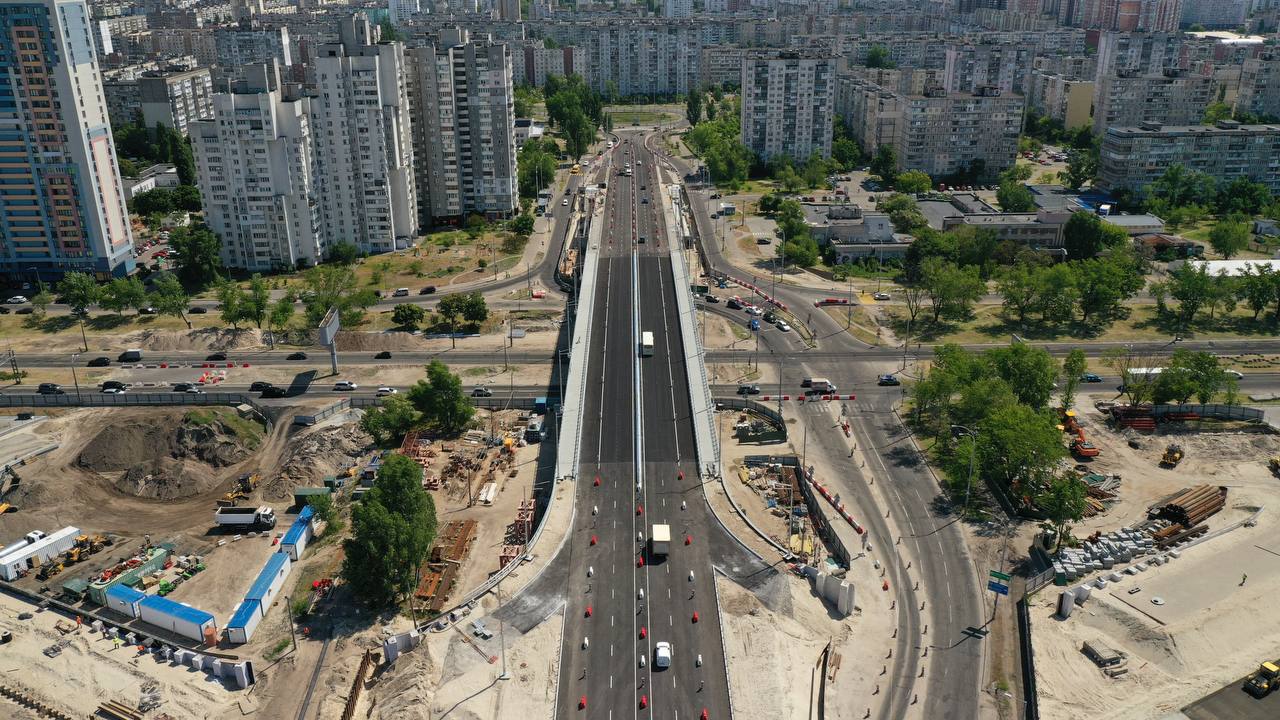
But who will check the validity of the expenses, find those responsible (if any), and seek compensation for the local budget? Raising taxes is a much simpler solution, despite its unpopularity with the public.
Precisely because of this public unpopularity, the initiative of "economic reservations" has stalled in the Rada: the introduction of an additional tax that exempts from mobilization.
According to the Cabinet's calculations, this initiative could bring UAH 350-520 billion to the state budget, fully covering the need for additional funds for the Armed Forces of Ukraine. But D. Hetmantsev categorically opposed it, stating that "the poor should not and cannot fight for the rich" (although this is exactly what is happening now).
In search of UAH 300 billion
According to media reports citing sources, the government's plans include increasing the military tax rate from 1.5% to 5%. They also intend to levy it not only on salaries but also on the sale and purchase of houses, apartments, and cars. The VAT increase is proposed from 20% to 22-23%.
In other words, these are taxes paid out of the pockets of ordinary citizens. No one is suggesting raising the corporate profit tax, the tax on shareholder dividends (investment income tax), royalties for mineral extraction, or the environmental tax. These are taxes paid out of the pockets of oligarchs.
It’s clear that if the Cabinet decided to touch these, there would be a huge outcry: "The government is destroying Ukrainian business". Complaints would pour into the International Monetary Fund and the European Commission. The controlled media would be screaming in outrage.
Who needs these troubles? In this sense, government officials are just like ordinary people. They don’t want trouble.
However, if the authorities required oligarchs to re-register the ownership of their Ukrainian companies from offshore jurisdictions to Ukrainian jurisdiction, there would be no need to raise business taxes. That alone would be more than enough to fill the budget.
But again, who up there wants trouble? And who in the Rada will vote for such a law – the very owners of these enterprises? Or the deputies whose election campaigns they financed?
"It’s not a question of whether it’s a popular or unpopular step. It’s necessary to protect the state", - media quote an anonymous high-ranking official regarding the planned tax hikes.
But perhaps the oligarchs have already done all they could to protect the state, and now it’s the citizens’ turn? This is not the case. The Ukrainian state is sustained by the money of ordinary Ukrainians.
Royalties and the corporate profit tax account for only 12% of total collections. The rest are direct and indirect taxes on the income of the population.
A special note on VAT. Formally, companies and enterprises pay VAT, but they include the corresponding amount in the price for the buyer (the same applies to excise taxes). In essence, the buyer ends up paying it. That’s why VAT and excise taxes are called "indirect" taxes.
However, according to Ukrainian law, the state refunds VAT to companies in export-oriented sectors for products shipped to foreign clients. This stimulates important export activities for the economy. In peaceful conditions, this makes sense. But in wartime... perhaps it would be worth suspending VAT refunds to exporters when it’s crucial to protect the state?
Out of the UAH 34.8 billion collected in VAT in April, the State Tax Service refunded UAH 12 billion to taxpayers. Who are the main recipients of these refunds? Large grain trading and metallurgical companies. All their owners are in the top 20 wealthiest Ukrainian businessmen.
If we extrapolate the April figure on an annual basis, suspending VAT refunds could provide the state budget with an additional UAH 144 billion, nearly half of the amount needed for the Armed Forces of Ukraine.
During economic crises, the governments of Yuliia Tymoshenko and Mykola Azarov took such measures in peaceful times. Yet, Denys Shmyhal’s government cannot bring itself to do this even in the context of full-scale war.
Meanwhile, official spokespersons present messages to the public about the inevitability of raising taxes for citizens, essentially saying: "Folks, there’s nothing to be done, it’s war. We’ll have to tighten our belts, bear with it". At the same time, it’s as if they’re telling the oligarchs: "Don’t panic, guys. War is war, but your lunch is served as usual. Right on schedule".
This can hardly be called a "fair social dialogue", something Ukraine desperately needs right now more than ever.
By Vitaliy Krymov, OstroV
